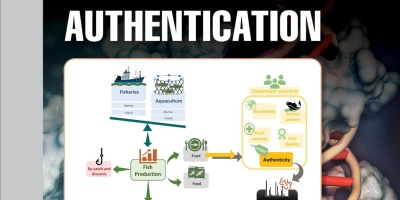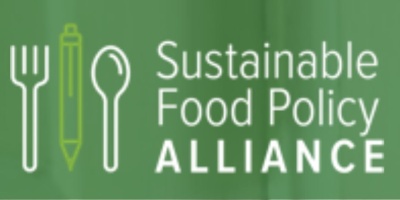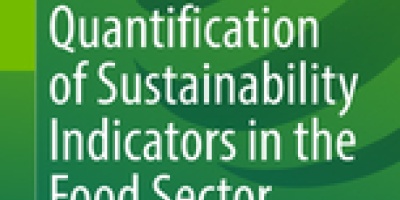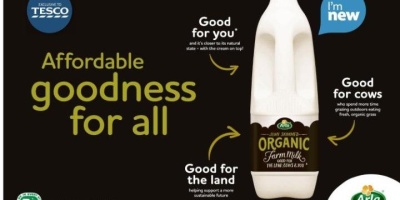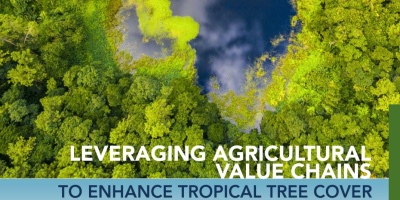Sustainability standards and certification schemes are voluntary business standards relating to environmental, social, ethical and food safety issues. Typically they are assessed by an independent certification organisation. Consumer-facing certification labels, when used, show people that company practices fulfil certain criteria or meet certain standards, and can in principle help inform their consumption choices. With new schemes added each year, there now exist hundreds of sustainability certifications. Some of the most well-known include ‘Fairtrade’, organic (certified nationally), and the Rainforest Alliance. While these certification efforts can lead to positive outcomes, some argue they may not always be as effective as intended for multiple reasons, some of which are outside the control of the participating companies. For example, the effect on poverty of various voluntary certification standards t is sometimes thought to be limited. In addition, for many certified commodities there is an oversupply relative to demand (i.e.up to 50% of compliant products are not sold as such). Most fundamentally, certification standards do not address the question of what level of demand can be deemed sustainable.






